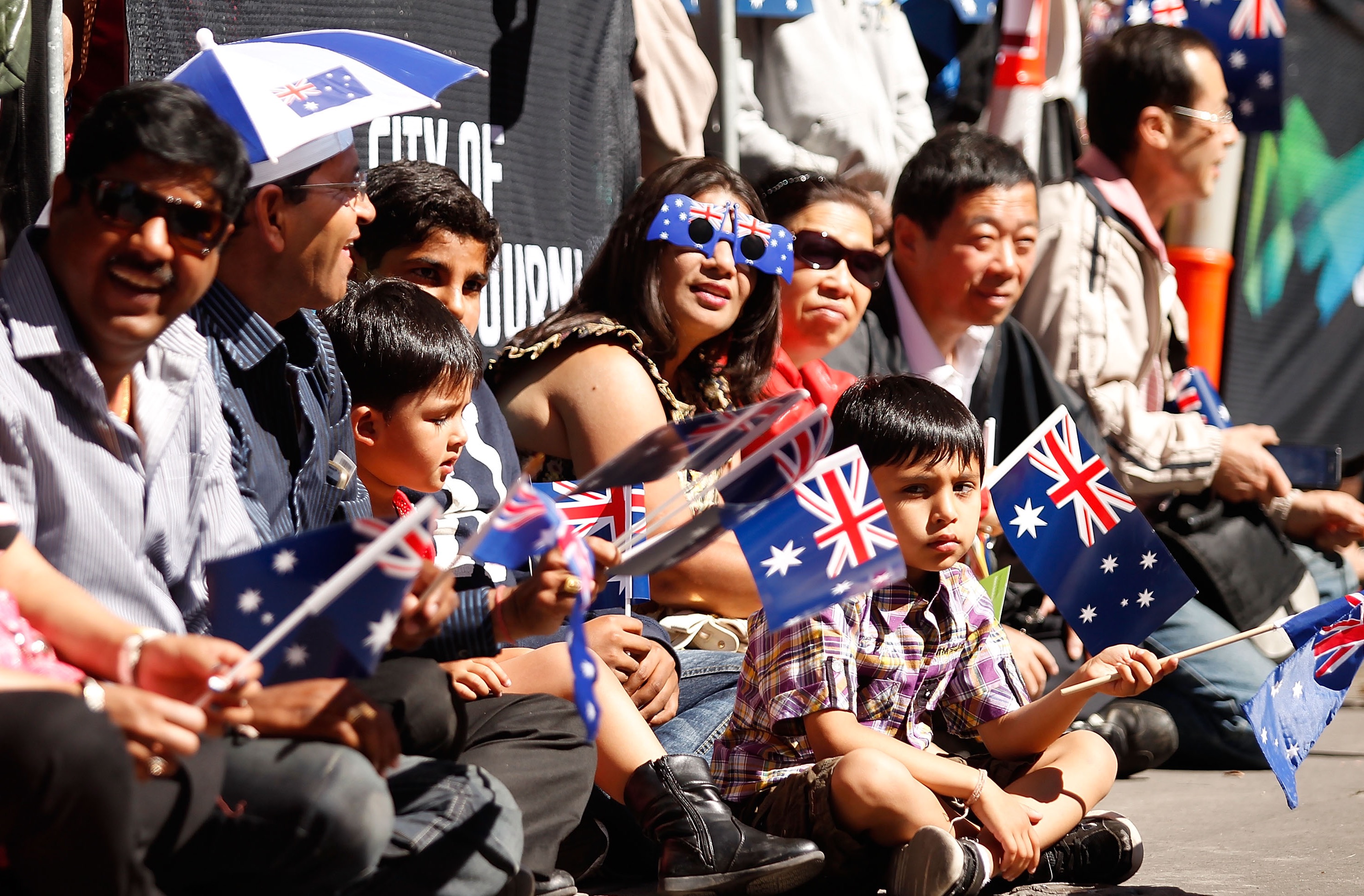
Health & Medicine
Will COVID-19 change what it means to be unemployed?

The socio-economic crisis brought about by COVID-19 reveals cracks in existing social welfare systems and the need for radical transformation
Published 19 May 2020
In the past weeks, hundreds of thousands of Australians have made new claims for government assistance, overwhelming existing social security systems. At the same time, it is clear that we aren’t “all in this together”, as Prime Minister Scott Morrison has claimed.
As a lecturer in Development Studies at the University of Melbourne, I count myself lucky to still have a job in the midst of this pandemic. Many of my students aren’t so fortunate.

Yesterday, I was on one of many Zoom calls with an international student who wanted assistance with an upcoming assignment. As with most of my student consultations these days, the conversation quickly turned to the difficulties the young woman is facing in her day-to-day life.
She told me she had lost the two part-time jobs that she was relying on to support herself in Melbourne. With no regular income and no possibility of returning to her country due to border closures and flight cancellations, she has no idea how she will survive the coming months.

Health & Medicine
Will COVID-19 change what it means to be unemployed?
This young woman is one of over 560,000 international students who, along with other temporary visa holders, have largely fallen through the cracks of the Federal Government’s COVID-19 response.
The long-term impacts of COVID-19 also mean that international students can’t be sustained by one-off emergency grants offered by many universities and by the Victorian Government’s emergency support package.
Of course, non-citizens are far from alone in being negatively impacted by COVID-19. In Australia, some 780,000 people lost their jobs in the week following the introduction on March 30 of restrictions on businesses and social gatherings. Young people, who often rely on contract or casual jobs in sectors like hospitality, retail or the ‘gig economy’, have been particularly affected.

While accurate predictions are difficult to make, the Grattan Institute estimates that 14 to 26 per cent of Australian workers could lose their jobs as a result of COVID-19, with unemployment rates remaining high for years to come.
The pandemic has highlighted and exacerbated trends that analysts have warned us about for years – widening inequalities within and between countries; the decrease in secure forms of employment; and the growth of the ‘Precariat’, whose grievances Guy Standing presaged could fuel dangerous social instabilities.

Politics & Society
What about those left out by the stimulus package?
Australia’s welfare systems were never designed to deal with these new realities. These systems are, as University of Melbourne Fellow Dr Jeremy Baskin put it: “designed for last century, with a binary way of thinking about employment that’s no longer the experience of casual, contract and gig workers.”
In response to increasing inequality and precarity, some countries had already started to experiment with a Universal Basic Income.
The most famous trial to date, in Finland, began in 2017 and involved the government giving 2,000 unemployed people €560 a month for two years. The grants were unconditional, recipients being neither subjected to means testing nor obliged to demonstrate they were seeking employment.

Critics were quick to condemn Finland’s program as a “failure” because it didn’t significantly increase employment.
Yet in many ways this was missing the point. The program improved people’s welfare, agency and everyday lives. And in a world in which many will never get a “proper job”, a Basic Income shouldn’t aim to push people into stable employment, but instead give people the ability to ensure their survival regardless of their employment status.

Politics & Society
Detention increases COVID-19 health risk
Over a dozen countries are now implementing or experimenting with a temporary or permanent Universal Basic Income in response to the socio-economic impacts of COVID-19.
These initiatives demonstrate significant shifts away from deep-rooted stereotypes of cash handouts breeding laziness and of low-income people being irresponsible with money. They also point to a potentially radical rethinking of human survival and social responsibility.
In Give a Man a Fish, Professor James Ferguson argues that we must move away from the idea of human survival being dependent on waged labour, and towards the idea of a “rightful share” – with citizens having a right to an income based on a share in ownership of national wealth.

In a lecture at the University of Melbourne in 2018, Ferguson then argued that presence rather than membership should be the basis for social obligation. Through their presence in Australia, individuals like my student would then have a right to a Basic Income, even if they aren’t citizens.
But what might a Basic Income look like in practice?

Politics & Society
Volunteers don’t come free
Australia’s United Workers Union has advocated for a Basic Income of A$740 a week, equivalent to the minimum wage. The government would recoup a portion of these payments through income tax from higher earners, consumption taxes and the replacement of some existing welfare payments.
A Universal Basic Income would simplify welfare systems, reducing costly overheads and requirements like means testing. And as well as boosting people’s confidence and ability to survive, Basic Income payments could have positive knock-on effects by stimulating consumption.
Moreover, a Universal Basic Income would enable us to rethink how we value people’s contributions to society. After all, people can and do contribute in multiple and meaningful ways to society, without this being through waged employment – a trend that will only increase as automation replaces many lower-skilled or routine jobs in the coming years.

Finally, it may seem contentious to extend Basic Income payments to international students and other temporary visa holders, but this can also be seen as a moral duty and a sensible economic strategy.
With the Australian economy highly dependent on international students and facing massive financial shortfalls and job losses, the Federal Government’s current approach jeopardises our higher education system and the other sectors it supports by undermining the country’s reputation and competitiveness as a destination for international students.
The COVID-19 pandemic will continue to have significant impacts on people’s lives for months and perhaps years to come. But crises can also be times of opportunity.
With increasing calls for countries like Australia to implement a Universal Basic Income, there is hope that the current crisis may pave the way for systems that are better adapted to our current world and in which all of us will be given a rightful share.
Banner: Getty Images